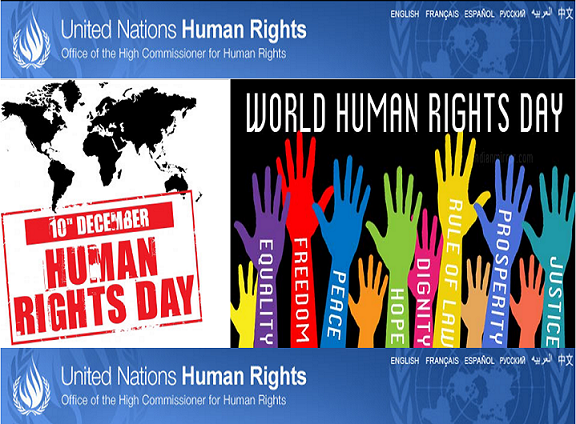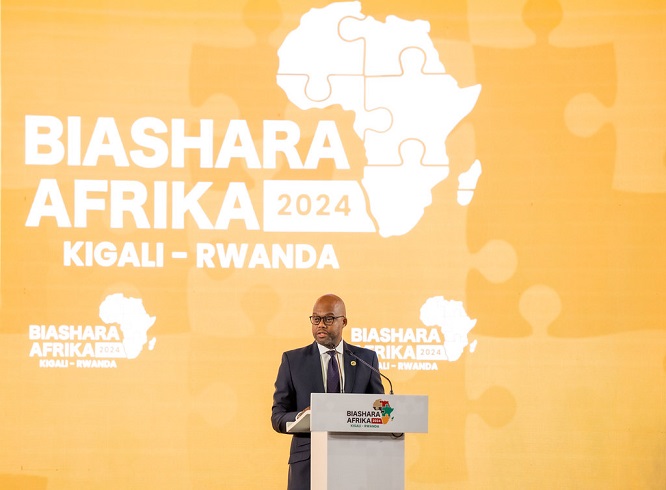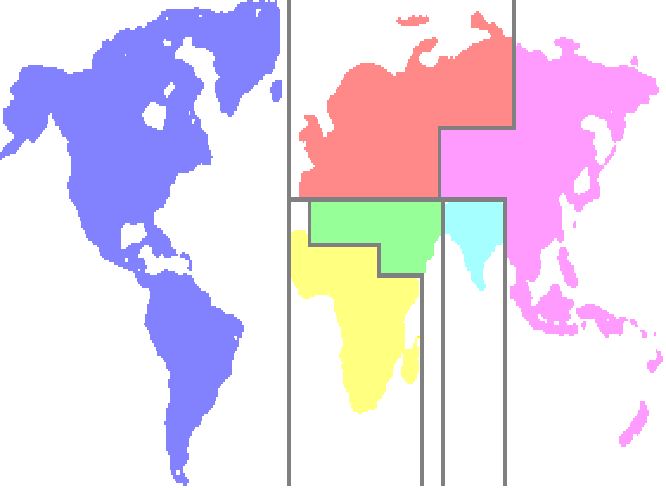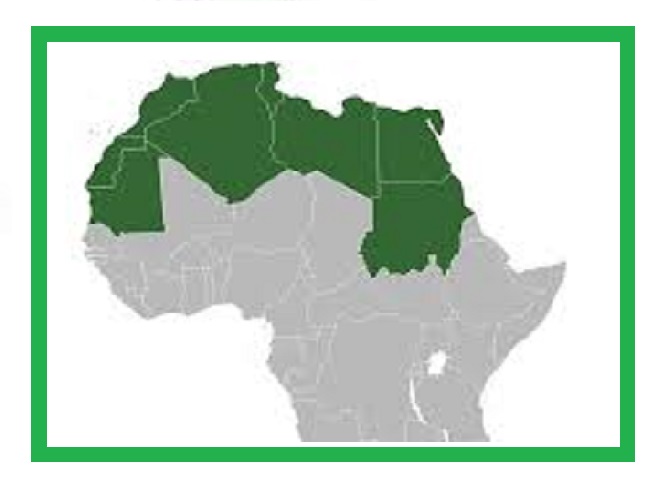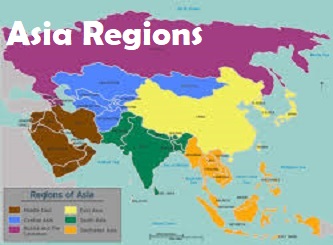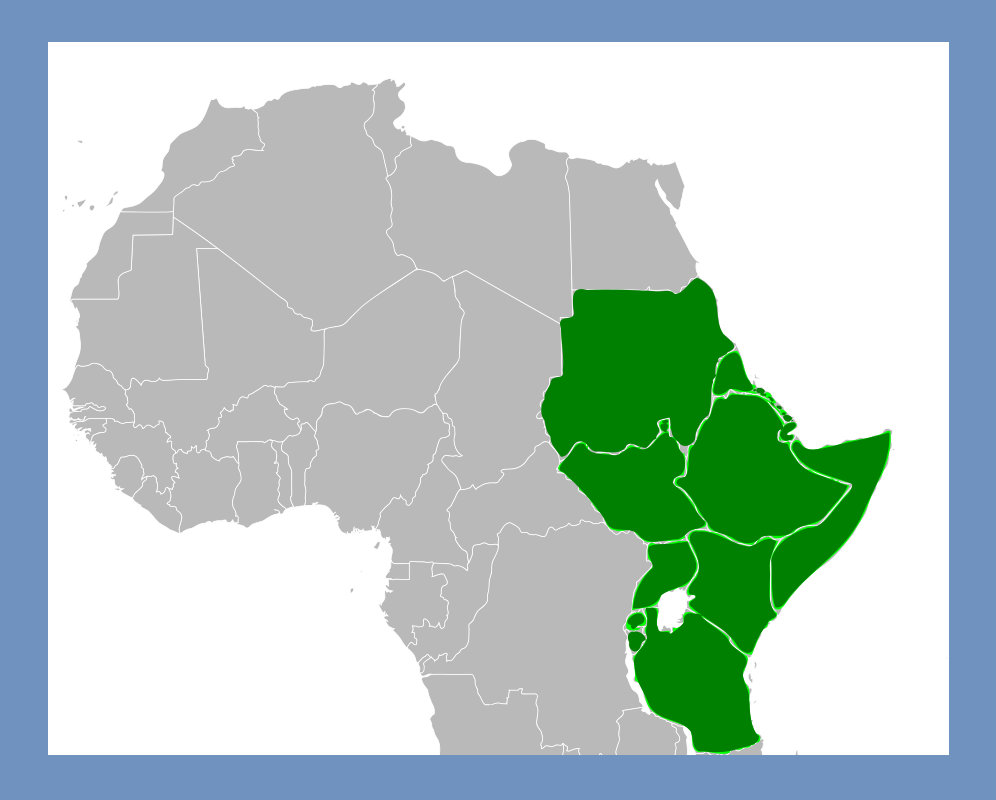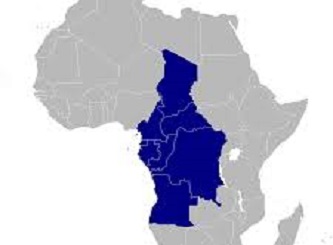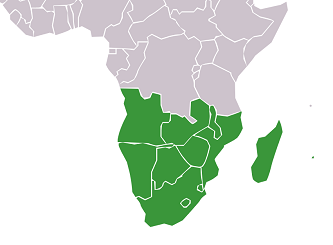Eswatini Accepts Non-Citizen US Deportees

Eswatini, a country of 1.2 million people, already faces economic pressure, high HIV prevalence, and growing domestic unrest. More than half of the population lives below the poverty line, and prison overcrowding is a chronic issue. The kingdom’s decision to host convicted criminals from other continents has triggered a hoard of criticism across the region under the demand of transparency and outrage.
Critics argue the move sets a dangerous example, with wealthier nations outsourcing their deportation dilemmas to weaker states with fewer protections. This not only further deepens the gap between those nations, but invites this action to happen worldwide at a growing rate with other countries who have this strength relationship relative to each other.
Civil society groups in Eswatini continue to express deep concern and disagreement, warning that the nation might be turned into an international deportee cage if not met with as much legal and societal preparation as possible. Legal experts also question whether Eswatini’s weird decision complies with its own constitutional framework, which limits the direct detention of individuals who have not committed crimes within its own countries borders.
The situation has also drawn regional attention, with members of the Southern African Development Community (SADC) calling for a deep questioning, reviewal and dive into the terms of the agreement posited without any notification prior. Some governments fear a ripple effect, where other states or nations may be pressured into similar arrangements under similar and alike deals and cause a high scale butterfly effect and ruin a countries views and confidence in their identity.
According to officials from the Eswatini Ministry of Home Affairs, the individuals are being held under conditions in the Nhlangano Correctional Facility. Multiple rights groups have reported that the men have been placed in solitary confinement and denied legal representation, pending “further arrangements.” The government has refused to confirm the terms of the agreement or how long the individuals will remain in custody.
With little updates and no direct confirmation, The possibility of Eswatini becoming what it’s people fear from this incident grows to new heights.





